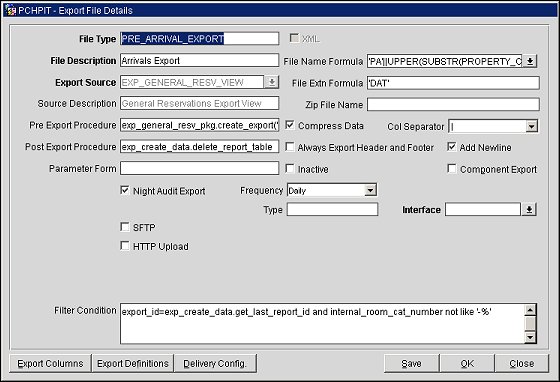

Firm-level productivity and availability of credit however do not play any significant role for most sectors. Further, firm heterogeneity explained in terms of sunk costs significantly impacts on export intensity. This is true for both the medium and high technology industries. Rather firms have become internationally competitive with the import of raw materials, foreign technical know-how and local R&D. Hausman-Taylor estimation results show that foreign ownership does not have any effect on firm-level export performance across sectors in Indian manufacturing. Heterogeneity across firms is measured in terms of productivity and sunk cost. While estimation, the impact of various firm-specific supply factors including size and age of the firms, import of raw materials, imported capital goods and foreign technical knowhow, expenditure on advertising and marketing, local R&D, labour productivity and availability to credit are controlled for. While determining the factors underlying export performance a firm specific model has been set up for econometric estimation. From the literature it is evident that, ownership, and hence MNE presence, is likely to play an important role in explaining export performance. There is a rich body of literature, which analyses the various dimensions of the effect of FDI on export performance. Apart from ownership, heterogeneity of firms defined in terms of higher productivity gives the foreign firms an edge over domestic firms to self select into export market. MNEs often use the host country as export platform. FDI is often found to promote exports, particularly in emerging market economies like India. Nor does it apply to fundamental research appropriately structured to protect export controlled information / technology from foreign nationals involved with the project.Using firm level data from the CMIE Prowess database, this paper investigates whether Foreign Direct Investment (FDI), and hence Multinational Enterprise (MNE) presence, explains India’s firm level export performance.
#Exporter definition software

While International Traffic in Arms Regulations (ITAR) do not incorporate the term “deemed export” the concept is in the definition of an export and pertains to the release of ITAR technical data and defense services.

#Exporter definition code
This concept holds true for industrial espionage situations as well as national security concerns. The Export Administration Regulations (EAR) state that,Īn export of technology or source code (except encryption source code) is ‘deemed’ to take place when it is released to a foreign national within the United States. Technology is ‘released’ for export when:


 0 kommentar(er)
0 kommentar(er)
